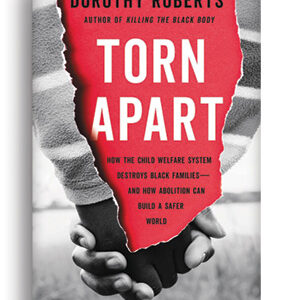Flawed Process, Faulty Policy.
To give a sense of just how charged and distorted last year’s welfare-reform debates sometimes got, Dr. Mary Jo Bane cited two moments in the political discourse. In one, a Republican Congressman held up a picture of an alligator from the Florida Everglades that carried the warning, “Do not feed.” In another, a Democratic lawmaker likened Republicans to genocidal Nazis.
Bane, the former assistant secretary of Health and Human Services for Children and Family, gave the first Beth and Richard Sackler Lecture in Penn’s Department of Sociology earlier this semester. For her, the welfare-reform bill represented “not just a failure of policy but also a failure in many ways of process.” After President Clinton signed the bill into law, fulfilling a campaign promise to “end welfare as we know it,” Bane resigned from her post in protest.
Now a professor of public policy at Harvard’s Kennedy School of Government, Bane argued that the decision-making process was “driven by slogans and stereotypes” instead of informed public debate that included the voices of poor people. Lawmakers may have reflected constituents’ views, she said, but polls revealed a great misunderstanding among the American people about the basic facts of the welfare system. Scholars who hoped to contribute insights found their studies and policy recommendations either ignored by Congress or skewed to fit one side’s political agenda.
The lecture series was established by Beth Sackler, CW’72, and her husband, Dr. Richard Sackler, to promote a greater understanding of children’s and human rights. And while Bane suggested that the “experts” may need to hone their political skills and become more like “advocates,” she hoped that scholars might find a better way to play a role — “by constructing a more deliberative decision-making process, [one that’s] more democratic, more informed” and in which the participants try to identify shared values. Such deliberations, she added, can take place anywhere — in other legislative bodies, in community organizations, even in university classrooms.




